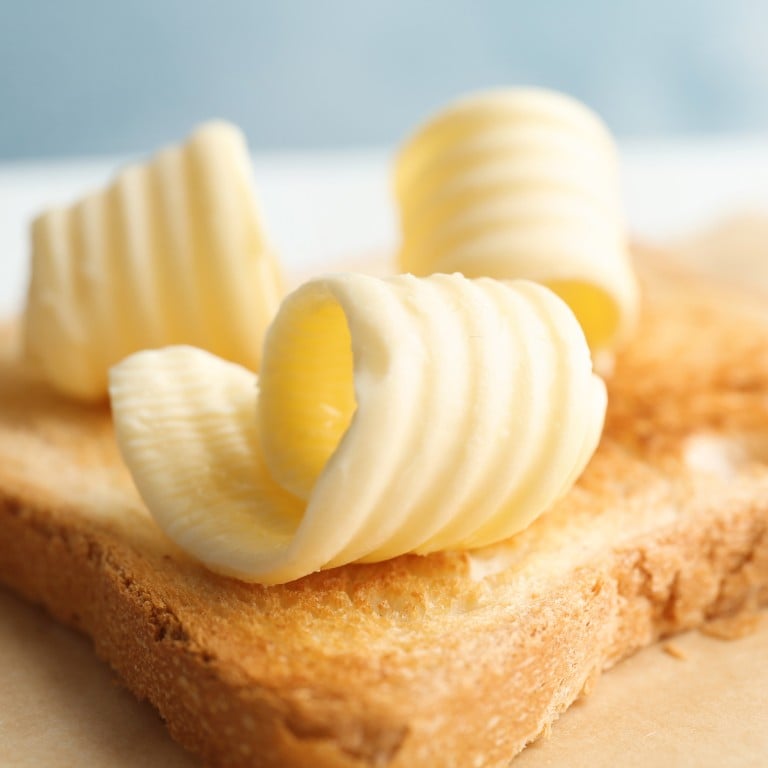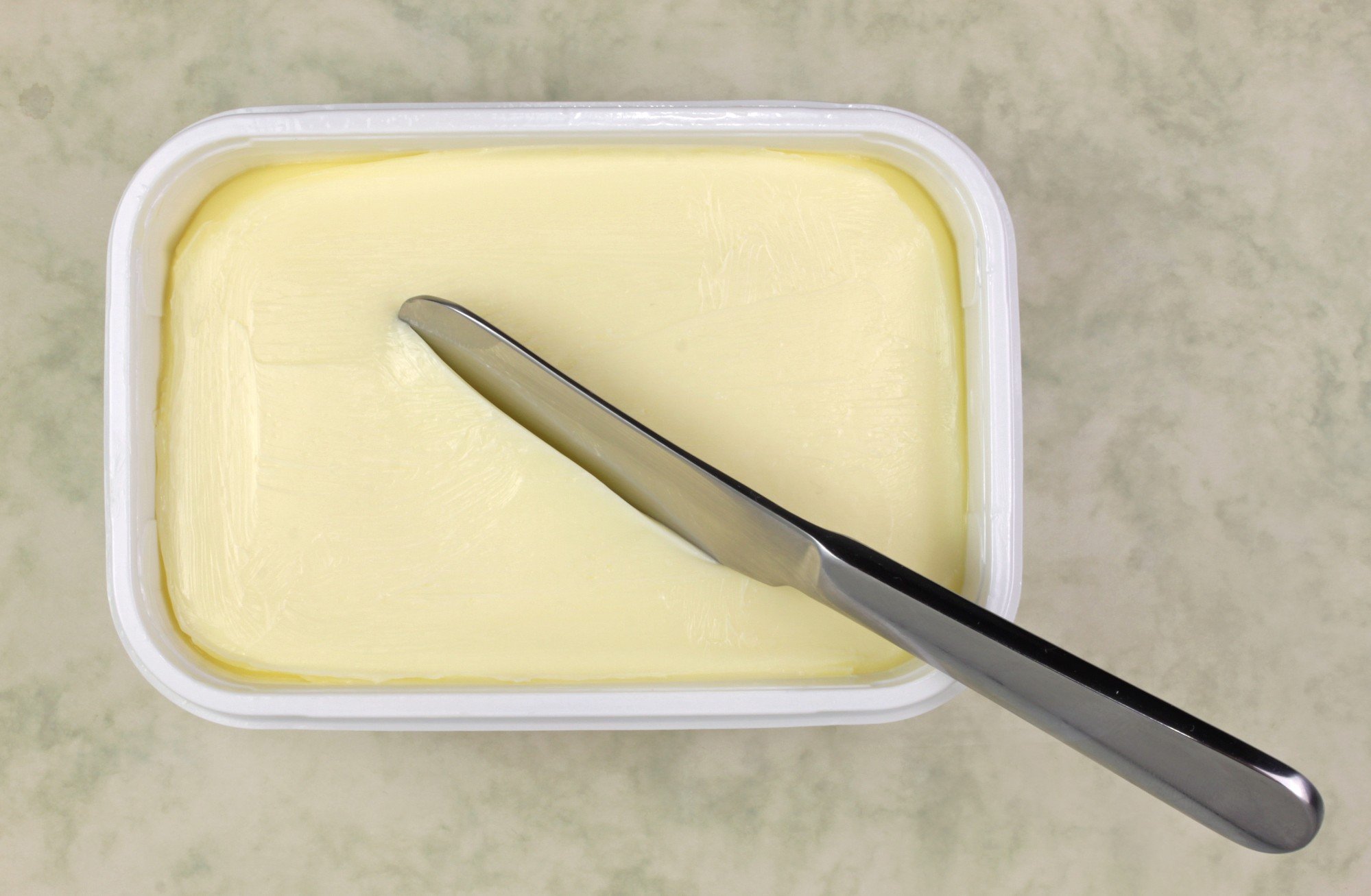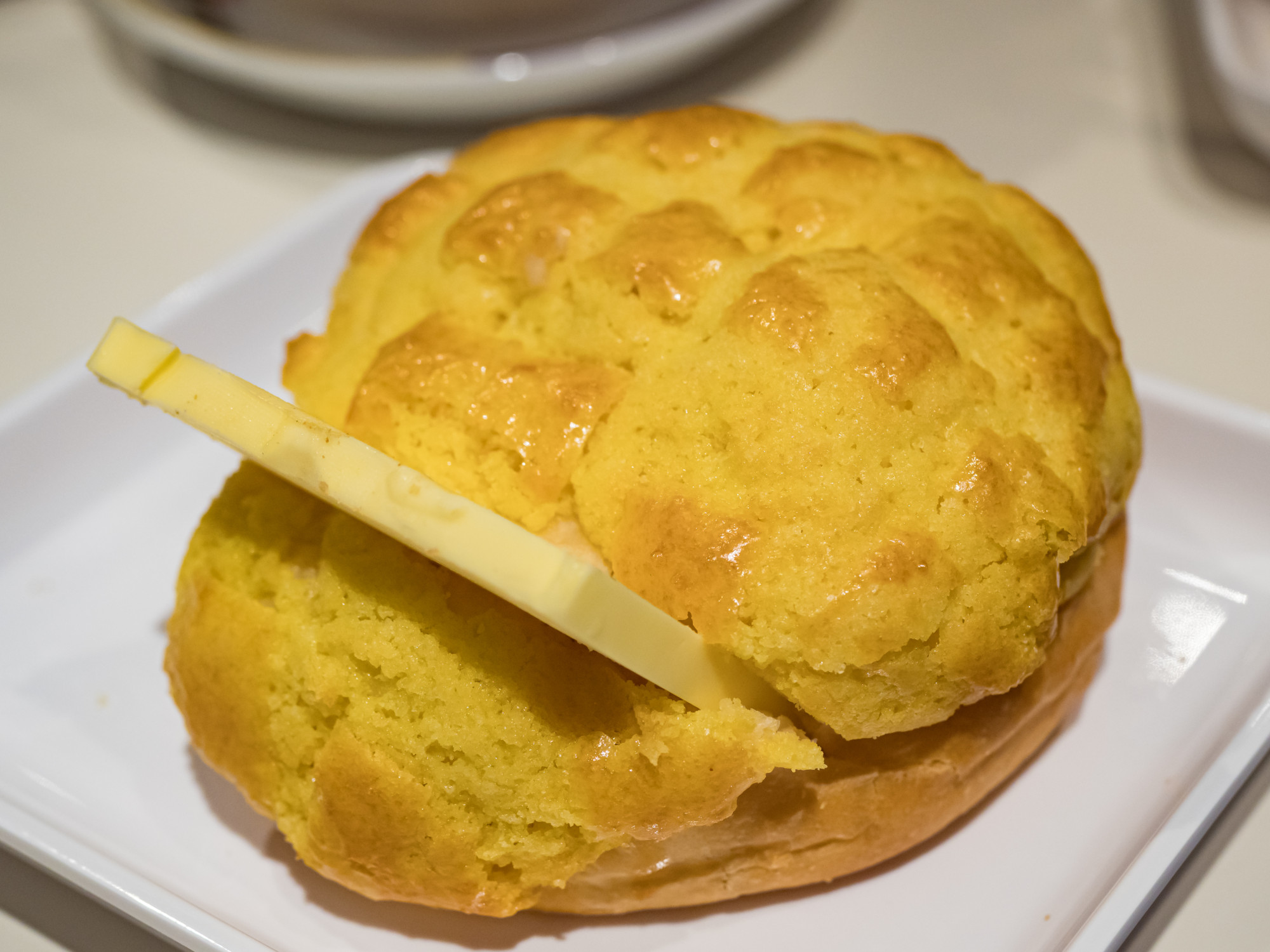
Most Hong Kong margarine contains a carcinogen, so should we stop eating it? Absolutely not
- Hong Kong’s consumer watchdog recently tested samples of different spreads, and found that most margarine contains glycidol, a chemical that can cause cancer
- So should we cut out margarine totally, along with fatty butter? If you do, better stop drinking alcohol, flying in planes and crossing roads while you’re at it
Of all Hong Kong’s government agencies, I like the Consumer Council the most.
Its reports are always a nice refresher on the news, in between items on the Legislative Council’s bureaucracy and large hauls of pork and cigarettes intercepted in anti-smuggling operations. It’s interesting to hear about the efficacy of air fryers and waterproof boots, the performance of water heaters, and the dangers of small parts in children’s foam play mats.
The agency analyses and breaks down all varieties of products and services, communicates findings in interesting and relevant reports, and offers informative facts and trivia about goods that I never expected.
About a year ago, it did a study on the “thickness/thinness” of condoms. That press conference was delivered with the usual non-nonsense straight face. So professional.

The big takeaway from it was that most margarine contained glycidol, a carcinogen. That certainly sounds bad. Shouldn’t it be banned? Why isn’t the government doing more?
Carcinogen found in 95 per cent of coffee samples tested by Hong Kong watchdog
Relax – the sky isn’t falling. A little Googling revealed that glycidol is a compound found after oil is refined, and thought to be formed primarily during deodorisation. That means it’s created when they process margarine to smell less like chemicals.
Yeah, it’s probably bad for you, but 15 of the 16 margarines tested were well within EU limits. In small amounts, the chemical is broken down during digestion and should completely pass through your system.
In short, a little margarine on your toast every now and then is probably not going to cause any harm. Eating a pineapple bun with an inch-thick slab of margarine every day, however, isn’t advisable – but those of us who know anything about cholesterol surely realise that anyway.

In past Consumer Council tests, glycidol was also found in crackers, wafers, sandwich biscuits, digestives, cakes and shortbreads – which is food for thought for all the nervous Nellies out there.
Like most food warnings, this one is meant to raise awareness rather than scare people. The Consumer Council isn’t telling people not to eat margarine, but just stating facts that need stating. The scaremongering is not usually its fault. More often than not, it’s the media that sensationalises things.
For this press event, Hong Kong media company RTHK News’ coverage headline was: “Margarine can cause cancer…”. Our own Post story led with: “Carcinogen found in 94 per cent of margarine and spreads containing vegetable oils …”
Carcinogens found in all 60 biscuit types tested by Hong Kong consumer watchdog
Well, crossing the street has been known to cause deaths, too. Drinking alcohol has its risks. The delicious burnt bit of char siu pork also has carcinogens. Aeroplanes have been known to crash, but I’m dying to get on one to travel anywhere for a holiday. Life is full of dangers but we accept a reasonable amount of danger with everyday life.
In a case of stating the obvious, the Consumer Council’s report added that the toxic glycidol was not detected in any butter, but all butter samples “had a relatively higher content of total fat”. Well, duh!
Naturally, the council suggests people also limit their daily intake of butter. And to that, I say, you can have my butter when you pry it from my cold, dead hands.

